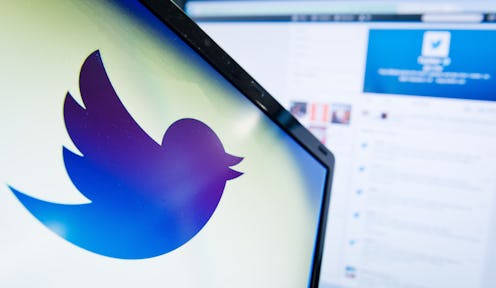Life
The One Reason Verified Accounts Are So Important
Twitter can be an excellent source of information in an emergency, but it also can allow false rumors to take on lives of their own; like a game of Telephone, gossip can spread and change mere minutes. A new study reveals that official responses on Twitter can shut down rumors surprisingly well, stemming the tide of misinformation. The study, conducted by researchers at the University of Washington, confirms that official sources, like government agencies, emergency responders, and companies with first-hand knowledge of the rumored situation, do have the power to counteract gossip, even when it has already taken hold of the Twitterverse.
The researchers analyzed the twitter responses to two false reports of crises, looking at both how the rumors spread, and how they dissipated once they were debunked by official sources. The first rumor emerged during a hostage situation in Sydney in 2014. People on Twitter began to allege that the police were raiding homes in a Muslim neighborhood in response to the hostage situation; these rumors were false (The police were in the neighborhood because of a previously scheduled visit). For an hour and 20 minutes, the rumor spread. However, when the Australian Federal Police finally tweeted in response to the rumors, stating that they were false, the number of tweets about the situation spiked, with most of them denying the rumor. Ninety percent of them were retweets of that single statement from the police, which suggests that, even when a rumor has proliferated on Twitter, an single official source has the power to speak over the noise.
The researchers also studied a rumor that developed in January of 2015, when Twitter users suggested that a WestJet flight to Mexico had been hijacked. The rumor spread rapidly, but when WestJet took to Twitter to deny that a hijacking had occurred, the rumor died out within a few hours.
The study shows how important it is for official sources to be able to respond to rumors on social media quickly and authoritatively. Lead author Kate Starbird explained in a statement,
Oftentimes in a crisis, the person operating a social media account is not the person who makes operational decisions or who even decides what should be said. But that person still needs to be empowered to take action in the moment because if you wait 20 minutes, it may be a very different kind of crisis than if you can stamp out misinformation early on.
Starbird emphasized that organizations need to have a social media presence so that they can be aware of and manage what's being said about them. "Being online is really important, even if you don’t want to be," she said, adding that if organizations choose not to participate in social media, "You’re essentially opening up a space for information to be spreading without your voice being a part of it."
